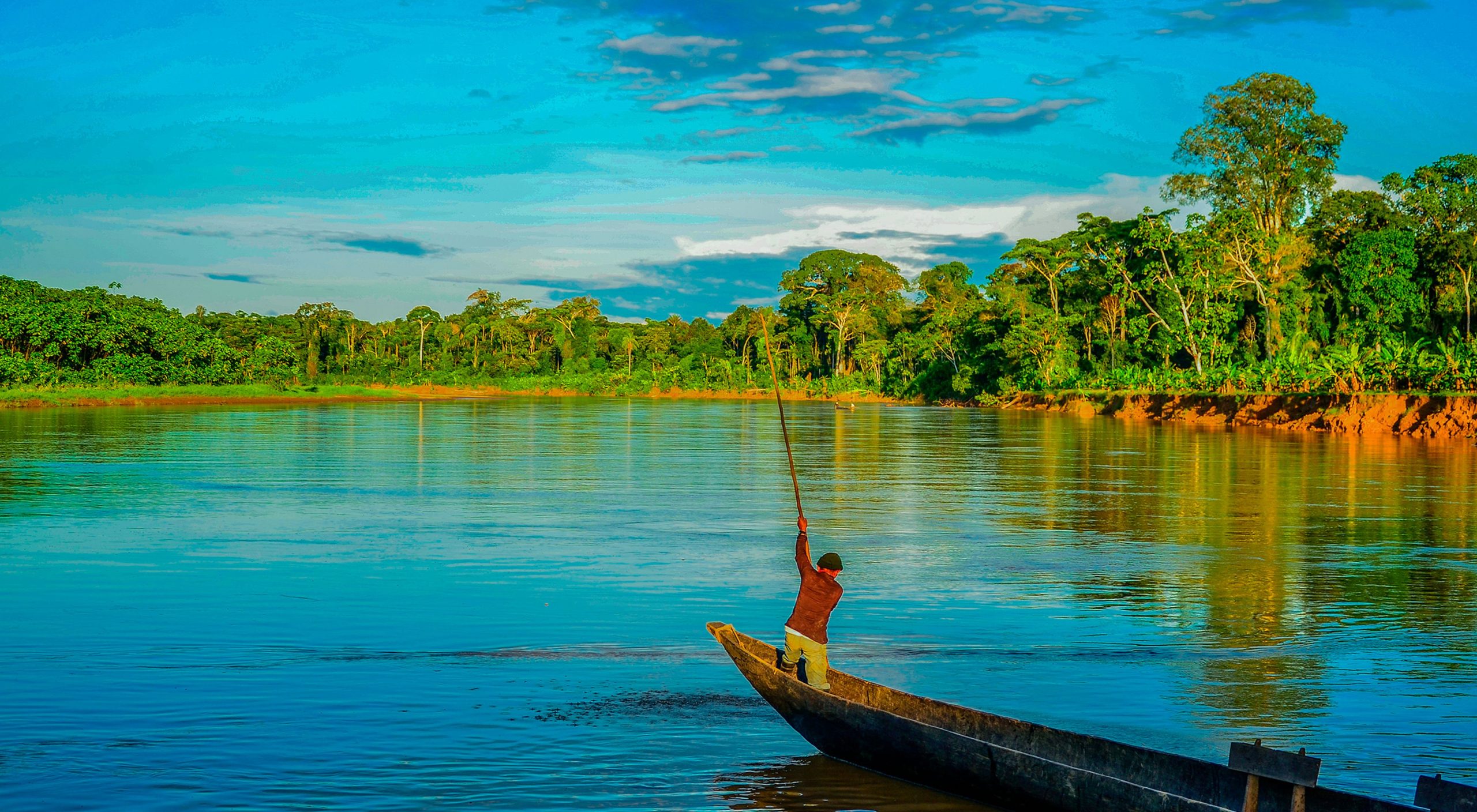mistressesanonymous.com – Ecuador, a country renowned for its rich biodiversity and natural beauty, has been at the forefront of environmental conservation efforts. With a commitment to preserving its unique ecosystems and biodiversity, Ecuador has implemented various innovative programs and policies that serve as a model for global environmental stewardship.
Biodiversity Conservation and Protected Areas
Ecuador is home to a significant portion of the world’s biodiversity, with over 16% of the world’s bird species and 8% of amphibians, reptiles, and mammals found within its borders. Recognizing the importance of protecting these species, Ecuador has established a robust network of protected areas. These areas are crucial in halting deforestation and preserving habitats for endangered species.
The Socio Bosque Program, a national program of payments for biodiversity conservation, supports the conservation and management of forests, further enhancing the country’s efforts to protect its natural heritage. This program not only conserves biodiversity but also contributes to the livelihoods of local communities by providing economic incentives for conservation activities.
Freshwater Ecosystem Protection
Ecuador’s approach to freshwater ecosystem protection is exemplary. The country has implemented large-scale, effective, and inclusive conservation strategies that serve as a blueprint for other nations. These efforts are vital in maintaining the health of freshwater ecosystems, which are essential for both biodiversity and human well-being.
Environmental Education and Public Awareness
Ecuador’s commitment to environmental conservation extends to its educational system. The government has integrated environmental education into the curriculum of primary and secondary schools, ensuring that future generations are aware of the importance of environmental stewardship and conservation. This proactive approach helps to foster a culture of environmental responsibility and sustainability among the population.
Legal and Policy Framework
Ecuador’s legal and policy framework for environmental conservation is robust and comprehensive. The country’s 2008 Constitution was the first to explicitly recognize nature as a rights-bearing entity, emphasizing the importance of conservation and sustainable development. This constitutional recognition underscores the government’s commitment to environmental protection and has led to the development of stringent environmental laws and regulations.
International Commitments
Ecuador has also made significant international commitments to environmental conservation. The country has pledged to reduce its greenhouse gas emissions by 20% by 2030, focusing on the land use, land-use change, and forestry sector. This commitment aligns with global efforts to combat climate change and demonstrates Ecuador’s dedication to sustainable development on a global scale.
Conclusion
Ecuador’s contributions to environmental conservation are both significant and multifaceted. Through a combination of innovative programs, robust legal frameworks, and proactive public education, Ecuador has set a high standard for environmental stewardship. As the world faces increasing environmental challenges, Ecuador’s model of conservation offers valuable lessons and best practices that can be applied globally. By continuing to lead in environmental protection, Ecuador not only safeguards its own natural heritage but also contributes to the global effort to preserve biodiversity and combat climate change.

